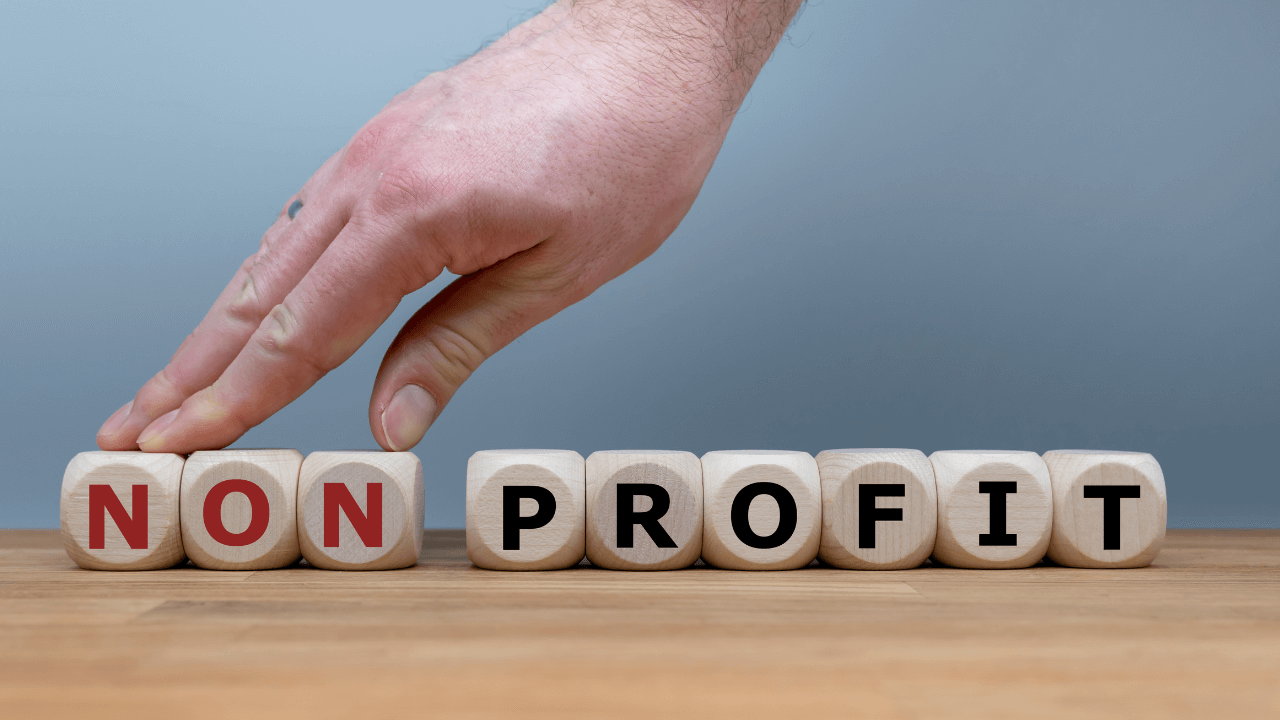Language:
Should You Have an LLC for a Rentals Business?

So you wanna own a rental property? Long-term, short-term, luxury, vacation, condos? If you’re thinking of some passive(ish) income streams, rental properties are a great start, especially if you have some local contacts for home maintenance and some money saved for a down payment.
But here’s the kicker: do you need an LLC to start a rental property business?
Setting up a limited liability company (LLC) can provide you with added protection from personal liability and offers tax benefits that could help you save money as you grow your business.
What is an LLC?
A limited liability company (LLC) is a business structure that offers its owner protection from personal liabilities. So if anything legal happens to your rental property (or whatever business you’re running), the LLC is liable, not you. (Otherwise, you’re in danger of losing your personal assets, like your home.) An LLC is one of the easiest businesses to start, either by going to your state’s website and applying yourself, or letting our team at doola help you with it.
Do you actually need an LLC for a rental business?
Legally, no; but it’s a wise choice for any rental property owner who wants to ensure asset protection. An LLC will create a legal barrier between the business and the owner, thus shielding the owner’s other assets in case of any lawsuits or liabilities associated with the rental property.
For rental property owners, this can happen when a tenant believes you discriminated against them, neglects to make home repairs that end up harming them, or if they deem the home place “uninhabitable.” As a business owner, it’s important you do your research on the legalities of owning a rental property before taking on any venture.
If you intend to rent out multiple properties with several tenants or would like added protection from potential legal risks, you should definitely consider forming an LLC, but even if you have just one, it can still act as protection.
How to form an LLC for rental properties
You’ve decided that forming an LLC is right for your rental property journey— great! Let’s take a look at the steps necessary to set up one.
Step 1. File with your state.
The first step in forming an LLC for rental properties is to file the necessary paperwork with your state’s Secretary of State or other business licensing office. You’ll also need to choose a name for your LLC and then file the appropriate forms.
- Choose a name: Selecting an LLC name doesn’t have to be tricky— especially if you’re overwhelmed. When all else fails, keep it simple. Think of alliterations (Howard’s Homes LLC), play on your name (Carlaminum LLC), or if you don’t want to limit your LLC to just homes, you can simply keep it as your name (as long as nobody else is using it as their LLC name in your state).
- File your Articles of Organization: This is typically part of your LLC formation process. It includes details like your company’s name, purpose, address, and registered agent (if it’s not you). The latter role is crucial since they’ll be responsible for accepting any legal notices or tax forms that are sent by the state. Depending on where you register, this may already have been taken care of during the original process of forming an LLC. Ultimately, this filing provides concrete legal proof that your LLC is officially registered with the state you filed in, and shows that you’re ready to conduct business!
- Get Your EIN from the IRS: This’ll help identify and manage your business for tax purposes, and is essential for many (if not, all) financial transactions pertaining to your rental property venture. With an EIN, you can open a business bank account, and apply for licensure as a rental property owner.
Does this sound a little overwhelming? We gotcha. File your LLC right now in our convenient little chat box for a simple, stress-free start to your business.
Step 2. Create an operating agreement.
Even if you are running the show solo, you’ll want to develop an official Operating Agreement to protect you from any legal trouble. It’s best to include regulatory measures of the LLC, contributions from individual members, ownership structure specifics, and how profits and losses will be divided.
Having these steps outlined early on can come in handy when you start increasing the scope of your company and delegating responsibilities to staff. Think of a detailed Operating Agreement as the nuts and bolts that keep your business machine running smoothly. 🔧
Step 3. Obtain any necessary licenses or permits.
Having the necessary licenses or permits for being a rental property owner is always important to get started in your rental property business. Commonly required licenses include a business license, a landlord license, or a rental permit. Google “property management laws in [your state],” and chances are you’ll find the info you need!
The benefits of having an LLC as a rental property owner
We love doing business the right way from the start, and that means protecting its biggest asset— you! Here are just a few of the benefits of having an LLC as a rental property owner:
1. Liability protection.
We mentioned this before, but just can’t stress it enough! An LLC provides owners with limited liability protection, a major benefit to those owning rental properties. By having an LLC structure in place, any legal claims or judgments made against the LLC are not able to be taken from the personal assets of its owners.
With rental properties specifically, there are a lot of rules and regulations that both parties should know about before getting involved. Without reading up on them, you could unwillingly be getting yourself in legal trouble, like if you’re withholding a security deposit for the “wrong” reason. You should study up on these regardless of your LLC status, but if anything were to happen, your LLC is there to protect you.
2. Potential tax savings.
LLCs can offer a variety of tax savings for owners when compared to other business entities. One major benefit is the ability to take advantage of pass-through taxation, which allows profits to be taxed as personal income rather than being subject to double taxation like corporations. This is a great benefit because you can tax as your personal assets, rather than as a business, and thus don’t have to pay taxes two times.
3. Flexibility with ownership and management.
With an LLC, you can be flexible with the ownership and management of your business structure. If you want to outsource some of your work, you can easily do so by hiring them through a simple W-9 form. Ownership-wise, in most states, you can have as many members (owners, corporations, other LLCs) as you want. With other organizations, like an S Corps, you’re limited.
Things to consider when having an LLC for a rental property
LLCs are great protection for your assets, but just like any business venture, you’ll want to do your research on what to be aware of when forming an LLC for a rental property so you’re fully prepared. Here are 3 things to consider when having an LLC for a rental property:
1. Determine the right type of entity for your LLC property.
The type of entity you choose will depend on your personal situation and goals. For instance, if you own multiple rental properties and want them all managed by one company, then forming a Limited Liability Company (LLC) is probably best. On the other hand, if you only have one rental property and want to keep the liability separate from your assets, then creating a Corporation might make more sense.
2. Take note of tax implications.
It’s important to keep in mind that establishing an LLC can also have significant tax implications. An LLC setup will require filing taxes at both the business and individual levels and will include paperwork associated with filing requirements concerning things like Self-Employment Tax (Schedule C). It’s also important to understand what deductions are available through this type of structure; consulting with a qualified accountant can help give you a better understanding of how these deductions may benefit you when owning a rental property.
3. Understand the potential downsides of setting up an LLC.
Starting a business will always come with additional paperwork and legal documents. While it’s complicated at the beginning, it often helps you later, if you get started the right way. Something to note is if you’re looking to invest in this rental property through your LLC, taking out a business loan could be more complicated than taking out a personal loan, specifically if you just formed your LLC.
4. Knowing when professional assistance is needed.
Even if you’re starting a sole proprietorship LLC, you never have to face challenges by yourself. Experienced professionals are here to help, whether it’s for starting your LLC, getting tax assistance, or bookkeeping (all of which doola can help you with!)
FAQs
Should I put my rental property into a limited company?
It’s wise to consider placing your rental property into a limited company, such as an LLC (limited liability company) because it offers far more protection from liability and financial risks associated with owning real estate.
What entity is best for a rental property?
An LLC provides great options for rental property owners, like tax write-offs, flexible ownership, and asset protection.
Do you need different names for LLCs for a rental property?
Not necessarily, but if you want to form a few LLCs to keep multiple properties or businesses distinct, then it might help you stay organized.
How is rental income taxed?
Most of the time, your rental income will be deemed “passive income,” unless you’re involved in more active activities like property development, operation, management, or construction.
How do I choose an LLC name for my rental property?
Make sure it’s unique in the state you’re in and makes sense within the rest of your business ventures. Have another LLC associated with something totally different? Then maybe naming your rental property business something unique to homes will help you organize your finances better!
Keep reading
Start your dream business and keep it 100% compliant
Turn your dream idea into your dream business.














